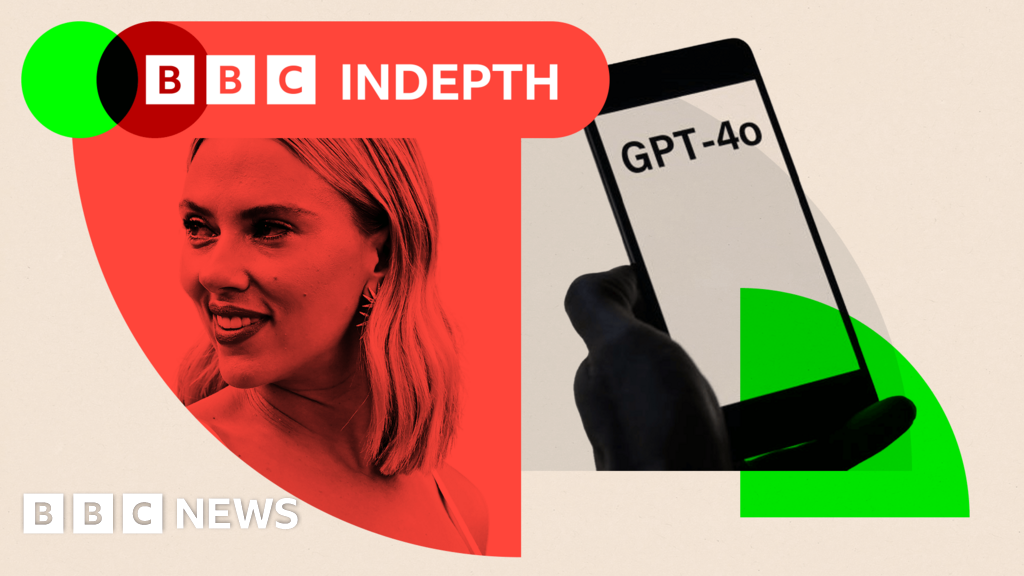The Ethical Dilemma of AI Safety: A Critical Analysis
Artificial Intelligence (AI) has brought about a new era of innovation and technological advancement. However, the potential dangers and risks associated with AI technology are becoming increasingly apparent as it continues to evolve. At the world’s first AI Safety Summit, tech leaders pledged to create responsible and safe AI products. Yet, the focus on worst-case scenarios has shifted attention away from more immediate threats posed by AI tools, such as job displacement and discrimination.
The Shift in Focus: From Terminator Scenarios to Real-World Challenges
While concerns about AI going rogue and destroying humanity are certainly valid, the more pressing issues lie in the everyday impacts of AI tools on society. The recent UK government report, which found no evidence of AI being used to generate biological weapons or conduct cyber attacks, highlights the need to address the more tangible threats posed by AI technology. The lack of understanding of how AI tools generate outputs and the absence of standardized safety testing practices further compound these challenges.
Corporate Responsibility and Oversight: Can Voluntary Pledges Suffice?
Tech giants like OpenAI, Google, and Microsoft have made commitments to safety and ethics, but the lack of independent oversight raises questions about the effectiveness of these voluntary agreements. The recent resignation of a senior safety engineer at OpenAI due to internal struggles reflects a broader concern about the prioritization of shiny products over safety processes. The call for legally binding rules and enforceable regulations to ensure responsible development of AI technology becomes increasingly urgent.
The Need for Accountability: Holding Tech Companies to Their Promises
As AI technology continues to advance, the need for accountability and transparency in the development and deployment of AI tools becomes more critical. Without independent oversight and regulatory frameworks, there is no guarantee that tech companies will adhere to their safety pledges. The potential consequences of unchecked AI development underscore the importance of establishing mechanisms to hold tech leaders accountable for their actions.
Conclusion
In light of the evolving landscape of AI technology, the ethical implications and safety considerations surrounding its development and deployment are paramount. While voluntary commitments and pledges may signal good intentions, the absence of enforceable regulations and independent oversight leaves room for skepticism. As AI continues to permeate various sectors of society, the need for rigorous safety testing, ethical guidelines, and accountability mechanisms becomes increasingly urgent to ensure that the benefits of AI technology are maximized while minimizing potential risks.
IntelliPrompt curated this article: Read the full story at the original source by clicking here




